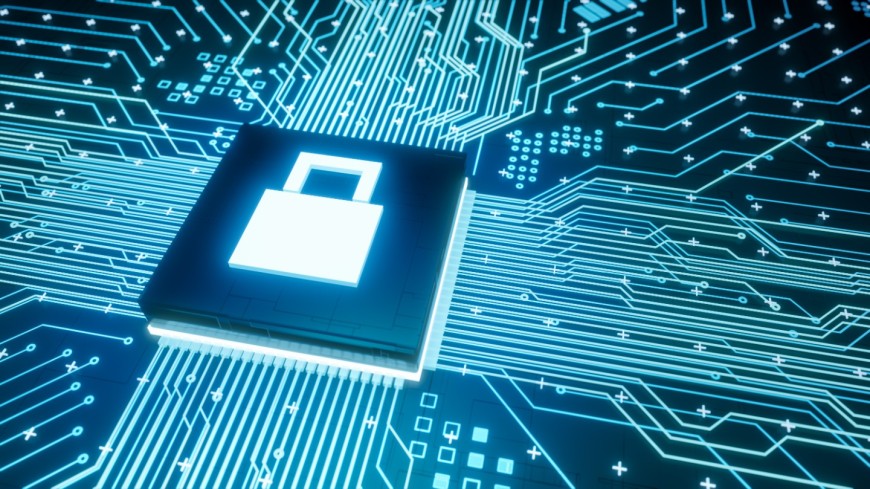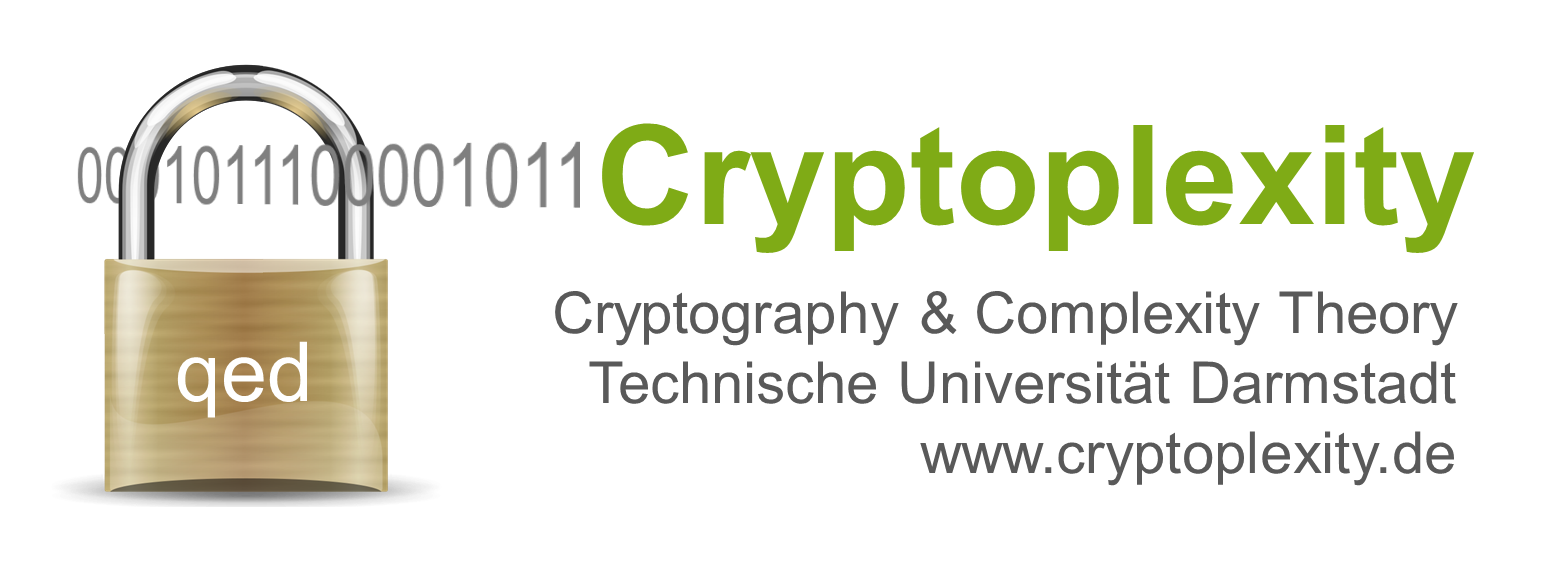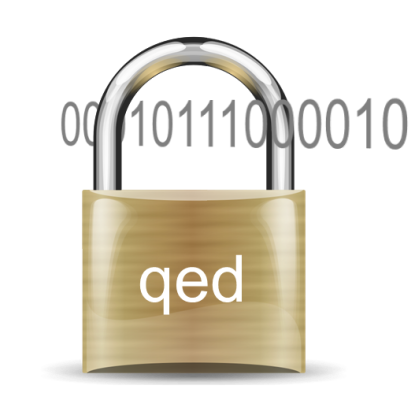Photonic quantum chip for fast and reliable random number generation
Cryptoplexity Group from TU Darmstadt part of new BMBF project
2023/11/07 by Fraunhofer IPMS/df
The German Ministry for Research and Education BMBF is funding the CBQD project – chip-based quantum random device – for research into quantum-safe high-speed communications. In the CBQD project, a compact chip will be developed that generates random numbers at high speed based on quantum photonic effects. It meets the requirements of the Common Criteria for IT product security. The chip will become the basis for numerous IT security applications. The Cryptoplexity research group of Computer Science Professor Marc Fischlin is part of the project. Fraunhofer IPMS in Dresden is responsible for coordination and QNRG chip integration in the project.

In IT security, random numbers are of enormous importance as they are used for cryptographic procedures such as key generation, thus ensuring the security of data in terms of confidentiality, integrity and authenticity. Quantum random number generators (QRNGs) use quantum mechanical phenomena such as the decay of atoms or photon phase noise from laser sources to generate unpredictable and random data, promising the highest possible security because the output values are based on the quantum mechanical principles of indeterminacy and superposition. They provide secure random number generation for future communication systems and can be used in various fields such as government, banking, critical infrastructure and the Internet of Things.
“In the project, we will develop a compact QRNG chip with a noise bit rate of 5 Gbit/s. The noise bit rate is a decisive factor for the speed in random number generation,” explains Christoph Posenau, project manager at Fraunhofer IPMS. “The goal is to combine high speed with a compact design, while meeting the requirements of Common Criteria AIS 20/31 PTG.3, a standard for security requirements for IT products of the German Federal Office for Information Security (BSI).”
The project to implement the QRNG chip uses advanced silicon-germanium technologies to develop electrophotonic integrated circuits (EPIC) to create a fully integrated solution with laser source, waveguide structures, photodiodes and analog/digital signal processing. The QRNG solution will be tested in two Quantum Key Distribution (QKD) applications in the project. The interdisciplinary project team brings extensive expertise from quantum theory to security proofs, security-by-design experience for RNGs, silicon photonics to QKD systems and their integration in applications.
Five partners and one associated partner will be working on the project to develop the chip:
- Fraunhofer Institute for Photonic Microsystems (IPMS; coordinator)
- Fraunhofer Institute for Applied Optics and Precision Engineering (IOF)
- Leibniz University Hannover (LUH)
- Leibniz Institute for High Performance Microelectronics (IHP)
- Technical University of Darmstadt (TUDa)
- Adva Network Security GmbH (associated partner)


